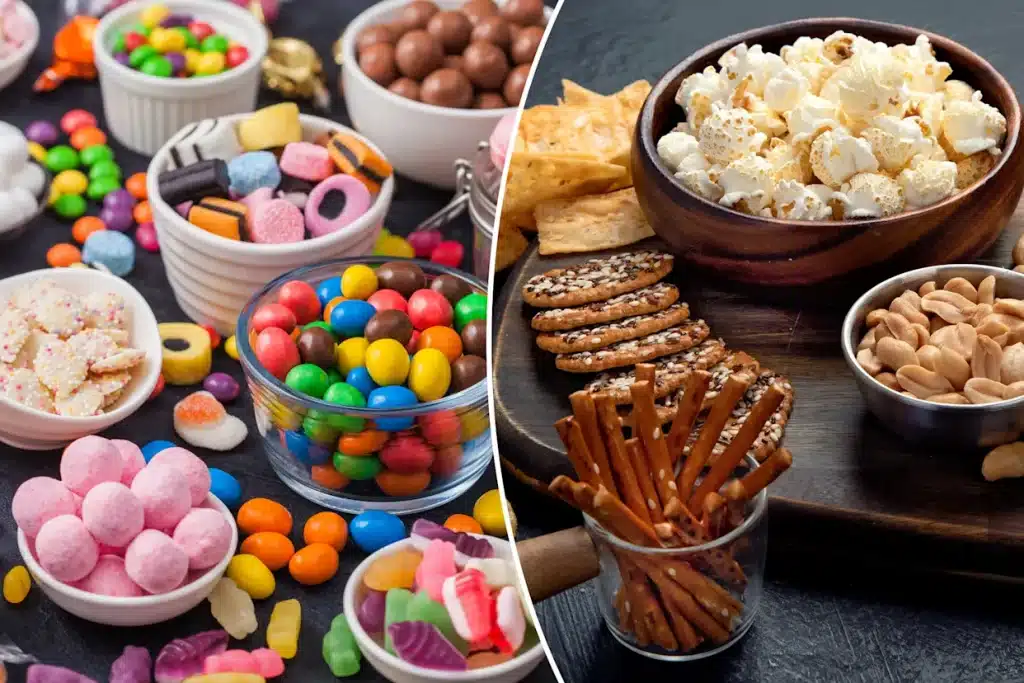Walk into any supermarket and you’ll see it: aisles filled with hundreds of snack options, each brightly packaged, each promising to be tastier, crunchier, or healthier than the next. The reality? Most shoppers decide in a matter of seconds. In that tiny window, your brand either makes a connection or disappears into the background. This is where giving your snack a personality becomes more than a creative exercise—it’s a survival strategy.
Personality in FMCG
When we talk about a snack’s “personality,” we’re not just talking about a logo or a color scheme. Personality is the human-like identity your brand embodies—fun, trustworthy, quirky, bold, or even nostalgic. For fast-moving consumer goods (FMCG), this human touch is vital. Consumers don’t form deep relationships with chips or biscuits on taste alone; they connect with the story, tone, and feeling that surround the product.
This is the heart of branding for fast moving consumer goods. In such a crowded and competitive space, personality helps people remember your snack, choose it again, and even recommend it to friends. Without personality, your brand risks becoming just another box on a crowded shelf.
Why Personality Matters for Snacks
Snacks aren’t necessities in the same way as toothpaste or detergent. They’re emotional purchases. A bag of chips might represent comfort during a movie, a granola bar could signal health-conscious energy, and a chocolate treat might mean indulgence after a long day. By giving your snack a clear personality, you align it with the feelings and moments that matter most to consumers.
Think about Doritos. It isn’t just corn chips; it’s boldness, fun, and youthful rebellion—reflected in edgy campaigns and playful packaging. Or take Nature Valley, which doesn’t just sell granola bars but positions itself as outdoorsy, wholesome, and tied to nature. Personality is what differentiates these brands from generic alternatives.
The Role of Packaging and Storytelling
In FMCG, packaging is your brand’s loudest voice. Bright colors, quirky mascots, or minimalist eco-friendly designs all communicate personality instantly. A snack brand targeting kids might lean into playful characters, while a premium nut mix may opt for clean, sophisticated typography and earthy tones.
But personality doesn’t stop at packaging. Storytelling through ads, social media, and even product naming reinforces the brand identity. Consider Ben & Jerry’s: witty flavor names like “Chunky Monkey” or “Half Baked” aren’t just fun—they express a personality that’s playful, approachable, and socially conscious.
Personality Builds Loyalty
Snacks are purchased frequently, which makes them ripe for loyalty—but only if consumers feel emotionally connected. A strong personality keeps your brand top-of-mind, even when cheaper or newer options appear. Oreo’s personality—fun, playful, and nostalgic—ensures people reach for it instinctively. It’s not just about taste; it’s about the joy and memories the brand represents.
Standing Out in the Digital Age
The rise of e-commerce and social media has added another layer to FMCG branding. Your snack’s personality now needs to shine not just on shelves, but also on Instagram, TikTok, and delivery apps. Playful TikTok challenges, relatable memes, or sustainability-driven messaging can amplify personality far beyond the store aisle. The more consistent and authentic the personality, the easier it is for consumers to form a lasting bond.
Snacks With Soul Sell Better
In today’s crowded market, taste alone won’t win. Giving your snack a personality makes it relatable, memorable, and lovable. It transforms your product from just another option into a brand people actively seek out.
Branding for fast moving consumer goods branding isn’t about decoration—it’s about human connection. And in the snack world, that means crafting a personality that makes people smile, crave, and come back for more.







